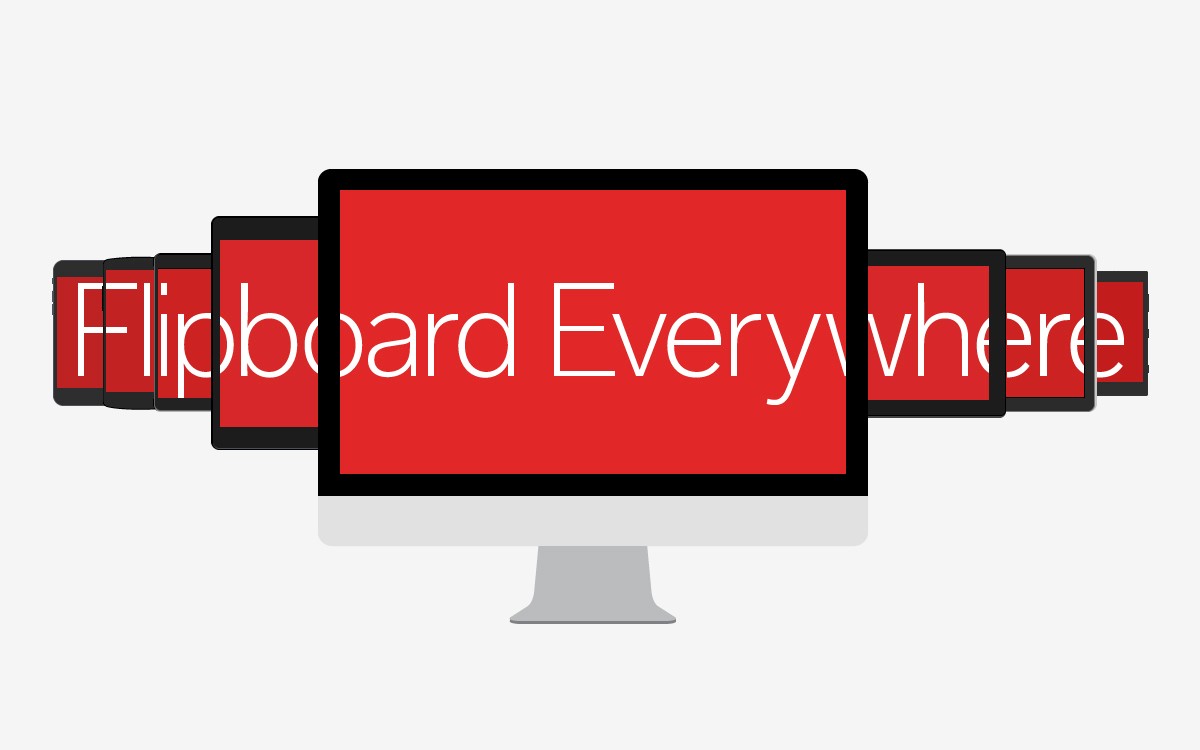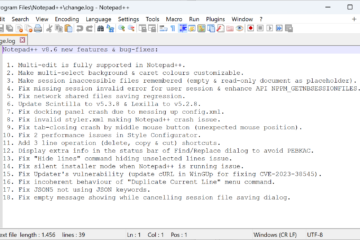Social media platforms and their applications rise and fall, adapt and transform, mirroring the dynamic nature of human communication.
In recent weeks, a significant shift has taken place, as Flipboard, a popular news aggregation app, announced its decision to step away from X, formerly known as Twitter, and focus its efforts on Mastodon.
Flipboard announced this decision on both Twitter/X and in a blog post.
We’re suspending our activity on Twitter/X and shifting our focus to Mastodon and other open platforms. We hope to connect with you there. For more info, please read our statement: https://t.co/R3Q6TDm6lm pic.twitter.com/HXZEKqDEHW
— Flipboard (@Flipboard) November 21, 2023
Why did Flipboard leave Twitter?
Flipboard’s decision to suspend their activity on Twitter/X and focus on Mastodon is primarily driven by two key factors.
First, Flipboard, as a platform that emphasizes trusted journalism, expert voices, and quality information, found itself at odds with Twitter’s relaxed moderation policies under Elon Musk’s leadership.
The surge in harmful rhetoric, hate speech, and the spread of misinformation on Twitter conflicted with Flipboard’s values and commitment to a healthier online environment.
And secondly, Flipboard believes that platforms built on open standards represent the future of social media. Mastodon’s decentralized nature, open-source ethos, and emphasis on user control align with Flipboard’s vision of a more transparent, accountable, and user-centric social media experience.

Can they be succesful with Mastadon?
Flipboard’s decision to focus on Mastodon instead of Twitter raises the question of whether they can find success on this decentralized platform. While Mastodon offers several advantages over Twitter, there are also some challenges that Flipboard will need to overcome in order to achieve its goals.
Under Elon Musk’s leadership, Twitter has embraced a more hands-off approach to content moderation, leading to an increase in hate speech, misinformation, and the amplification of harmful narratives. This shift in Twitter’s policies conflicts with Flipboard’s values, which emphasize responsible content curation and the promotion of credible, well-sourced information.
Mastodon, on the other hand, operates as a decentralized network of interconnected servers, known as instances. This decentralized approach empowers users to choose the communities they engage with and the content they consume, fostering a more personalized and self-directed social media experience. Moreover, Mastodon’s commitment to open-source development ensures transparency and accountability, allowing users to scrutinize the platform’s code and contribute to its ongoing improvement.

Flipboard’s move to Mastodon signals a growing trend among users and organizations seeking alternatives to centralized social media platforms. The open-source nature of Mastodon and its emphasis on user control align with a desire for greater transparency, accountability, and freedom of expression. While Twitter remains a dominant force in the social media landscape, its recent policy shifts have alienated some users and organizations, creating an opportunity for alternative platforms like Mastodon to gain traction.
Read also: Musk clarified the EU vs X debates.
The social media landscape is in a state of flux, with users and organizations increasingly seeking platforms that align with their values and priorities. Flipboard’s decision to abandon Twitter for Mastodon is a testament to this growing desire for alternative social media experiences. While Twitter’s centralized structure and lax moderation policies may appeal to some, the decentralized nature and open-source ethos of Mastodon offer a compelling alternative for those seeking greater control over their online interactions.
As social media continues to evolve, it will be fascinating to observe how these platforms adapt and respond to the ever-changing needs and expectations of users.
Featured image credit: Flipboard.



0 Comments